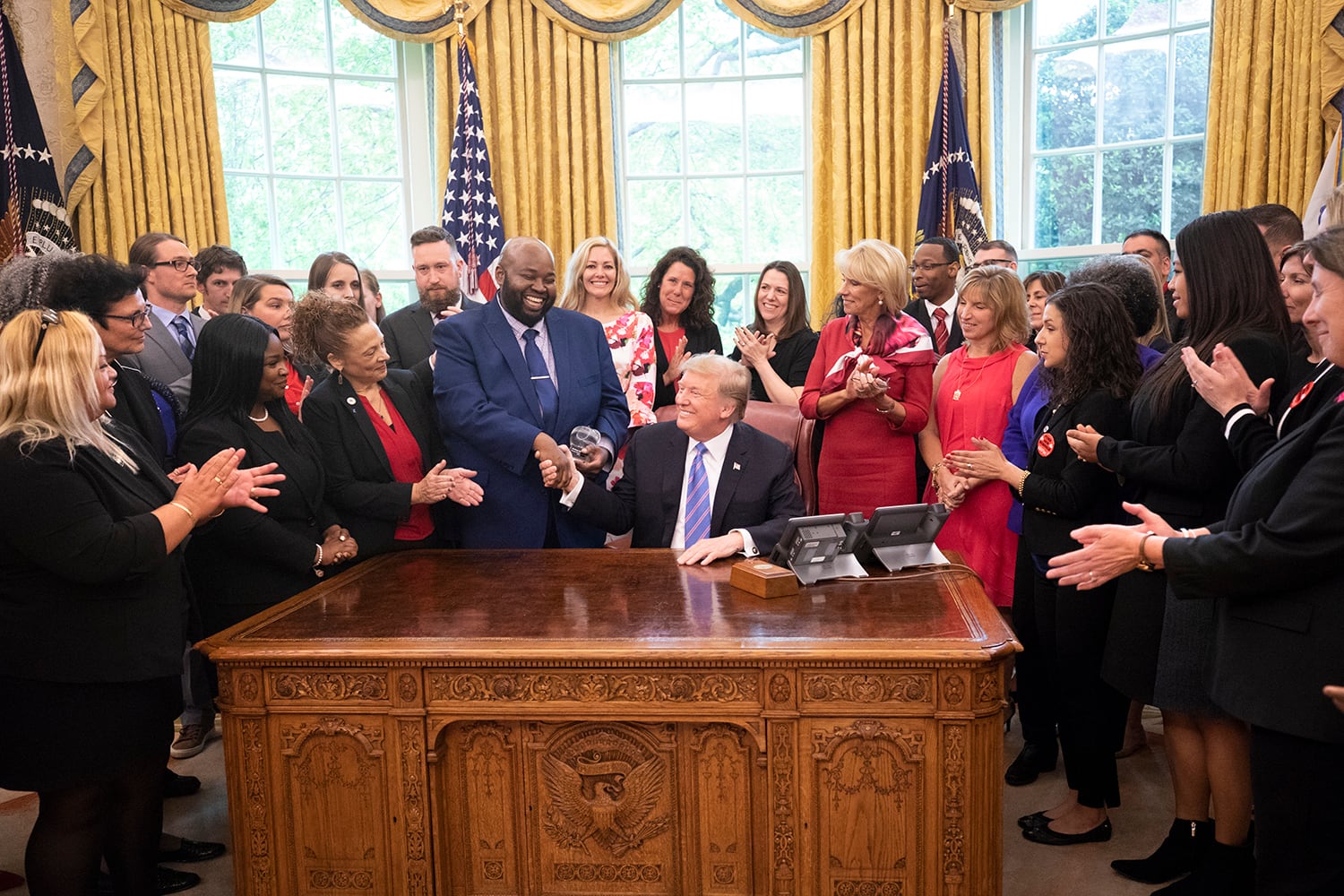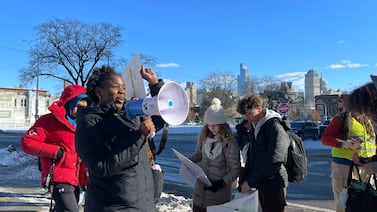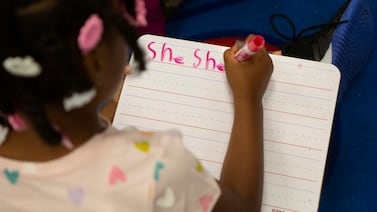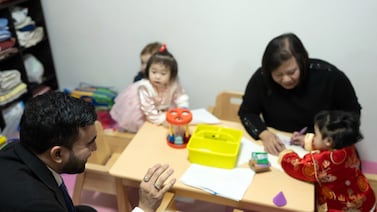The nation’s teacher of the year is usually honored at the White House by the sitting president. President Trump presented the award to winners in 2017 and 2018. So did President Obama, in all eight years of his tenure.
But that didn’t happen for Rodney Robinson, last year’s national teacher of the year. Instead, he received the award from Education Secretary Betsy DeVos, with what was described as a “surprise” meeting with Trump in the Oval Office afterward.
Now — with nationwide protests continuing over George Floyd’s killing and police violence against black Americans — Robinson, who is black and one of the country’s most prominent educators, says he’s ready to talk about the disrespect he felt that day and the racist statements he’s heard from the President.
“You tried to deny me the opportunity to come into the house my enslaved ancestors built and shake my hand until you were pressured into it,” Robinson tweeted Wednesday, referring to Trump. “Having to award an honor to a Black man who deserved it and not one of your Black cronies sickened you. You don’t care about Black people.”
In an interview with Chalkbeat, Robinson said now that he is not the current teacher of the year — the 2020 teacher of the year was named last month — he feels freer to share his opinions.
“It was just out of frustration,” he said. “I felt that his tweets about caring about black people weren’t genuine.”
Spokespeople for the White House and the U.S. Department of Education did not respond to questions about why Trump did not present the teacher of the year award in 2019. The last time a national teacher of the year was not presented with the award by the president was 1982, according to a spokesperson for Council of Chief State School Officers, which administers the award. (This year’s ceremony was delayed because of the coronavirus.)
In 2019, two state teachers of the year boycotted the White House event, but Robinson wasn’t among them. “I’m willing to spread my message for anyone who’s willing to hear it and to those that aren’t willing to hear,” he told Chalkbeat at the time.
Robinson, who taught social studies in a juvenile detention center in Richmond, Virginia, used his title and newfound prominence to push for supporting education for people in prison, diversifying the teaching profession, and increasing federal funding for public schools.
“My entire White House experience was about creating opportunities for my students. I didn’t want to close the door of opportunity,” Robinson says now. “I didn’t want to make the message about Trump.”
“It was really about doing the job, being nonpartisan, being diplomatic. That’s what teacher of the year is — you represent teachers and students,” he said.
But although he didn’t say so publicly, at the time describing the event in positive terms, Robinson was frustrated to not receive the award directly from the president. And in light of Trump’s history of racist statements — Robinson pointed to Trump’s comments about the Central Park Five, the campaign slogan “Make America Great Again,” and his recent comments about looting — he believes that the slight was racially motivated.
“With his history,” Robinson said, “I came to that conclusion.”
Robinson said in his tweet that Trump was “pressured into” meeting with him. He reiterated that claim to Chalkbeat, saying that’s what he had been told. He declined to say by whom.
Robinson said he did have productive conversations with U.S. Department of Education staff about programs in juvenile prisons like the one he taught at. Robinson praised the department’s work on that issue, but was critical of DeVos on other topics — specifically, what he sees as rollbacks of civil rights protections, including recent changes to rules for how claims of sexual misconduct are handled under Title IX.
A spokesperson for the department defended DeVos’ record. “Under Secretary DeVos’ leadership, the Department of Education has not rolled back civil rights protections. Quite the opposite, we have strengthened both protections and enforcement,” Angela Morabito said in an email. “As just one example, our new Title IX regulation expands protections for survivors by, among other things, including dating violence and stalking as covered offenses.”
Now, Robinson is watching the country’s educators grapple with discussions of race and justice. He had long embedded discussion of criminal justice issues into his own curriculum, in an attempt to both empower his students and help them understand how they ended up in juvenile detention themselves.
“All I talked about was just trying to free them, trying to give them the tools to magnify their voice, so that they could advocate for the things they need in life,” he said. “That was the whole purpose of my teaching.”







